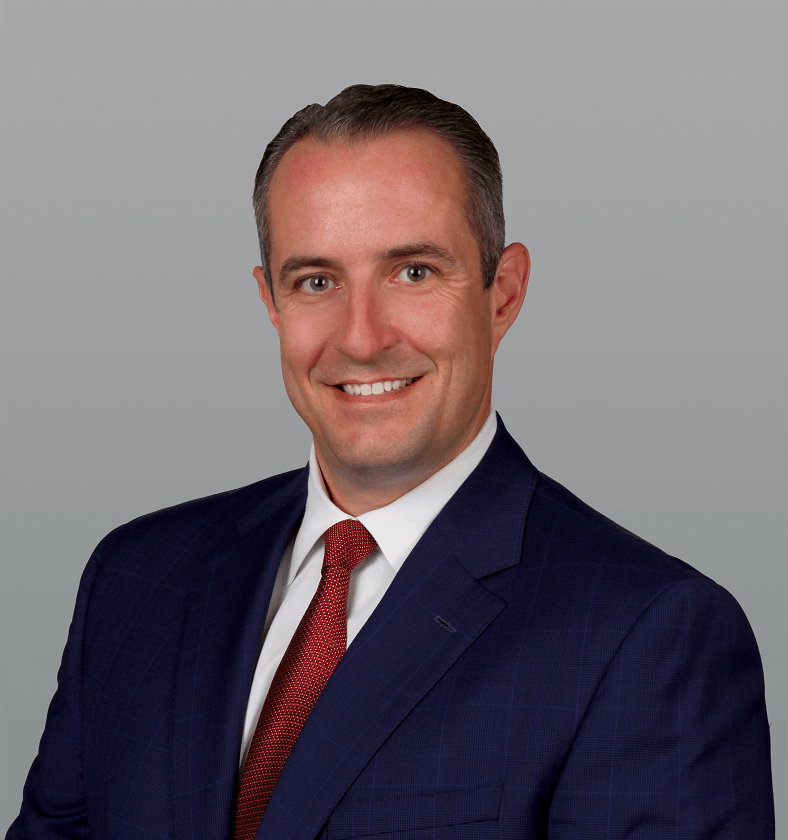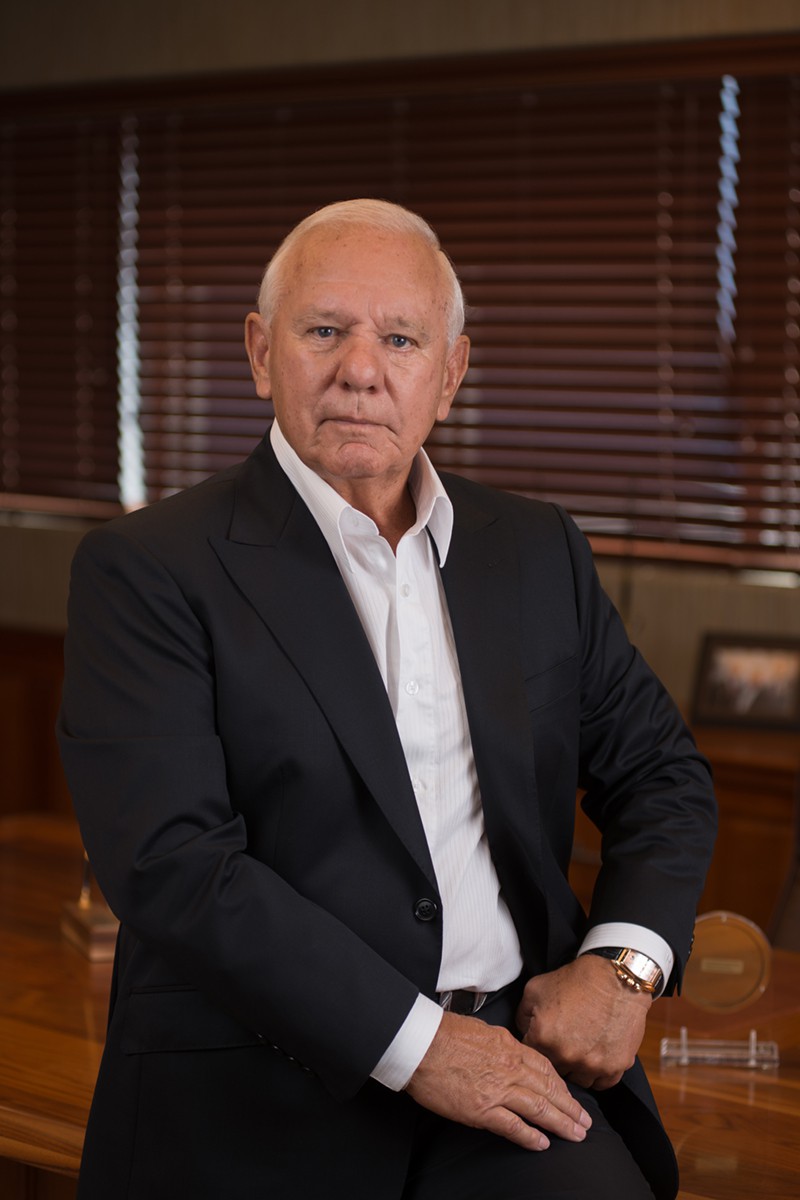Finding a good financial planner is a key part of making your portfolio grow. Asking these questions early on will help you to confirm that you’ve found the right person for the job.
Financial planners are our allies and advisors, and we rely on them when making some of the most important decisions of our lives. Unfortunately, not all financial planners are worthy of such trust. Most financial planners are both upstanding and competent, but there are a few bad apples out there who can completely destroy their clients’ financial lives, whether through malice or incompetence. Asking certain basic questions of your financial planner can help you identify these bad apples and steer clear before they lead you into a financial quagmire.
1. Are you a fiduciary?
A fiduciary is a financial advisor with a legal and moral obligation to put his clients’ best interests ahead of his own. However, not all financial planners consider themselves fiduciaries. Once President Obama’s fiduciary rule goes into effect, all financial advisors who provide retirement investment advice will be required to act as fiduciaries, but until that happens the only way to know for sure if your financial advisor is a fiduciary is to ask. If the answer is “no,” consider looking elsewhere for advice. A financial planner who is not a fiduciary is legally permitted to make investment suggestions based on how much money he’d make off of them, not whether they are the best investments for you.
2. Are you fee-only or commission-based?
Fee-only financial planners do not get commissions on any products or services they sell. Their only financial compensation is the fees that they charge their clients. The National Association of Personal Financial Advisors (NAPFA) is a professional association whose members are entirely fee-based and who are required to sign a fiduciary oath upon joining the organization.
Commission-based financial planners, on the other hand, receive commissions for some or all of the products and services they sell. As a result, they have a built-in conflict of interest: in every transaction, they have to decide whether to recommend the product best for the client or the product that will make the financial planner the biggest commission. Many commission-based financial planners are no doubt conscientious about only advising products that are a good fit for the client, but it’s very difficult for you to tell whether such a financial planner considers himself first and foremost an advisor… or a salesperson. You’re much better off sticking with fee-only financial planners, and choosing an advisor who is a member of NAPFA is safer yet.
3. What’s your investing philosophy?
Walking a tightrope
IMAGE SOURCE: GETTY IMAGES.
Investors run the gamut from wild risk-takers to utterly conservative types. Wherever you fall on that spectrum, you’d be wise to select a financial planner whose preferences match your own. The first thing many financial planners will do with a new client is ask a series of questions to determine risk tolerances. However, they might not tell you if their own investing philosophy is totally different from yours. If your financial planner is very conservative, then even if he tries to honor your own higher risk investment preferences he’ll undoubtedly have more trouble identifying the right investments than a financial planner who is accustomed to working with high-risk investments. So, after your financial planner has asked the standard questions and assessed your risk preferences, ask him in turn whether his own preferences align with yours. If there’s a wide gap, consider moving on to a different planner.
4. What fees am I paying/will I pay on this investment?
When you work with a financial planner, you will of course be paying a fee for the benefit of his advice. That fee generally doesn’t include the fees that are “baked in” to a given investment. For example, mutual funds typically include management fees, account fees, redemption fees, exchange fees, purchase fees, distribution fees, operating expense fees, other expense fees, and (with the exception of no-load mutual funds) sales charge fees. All of these fees are laid out in the fund’s prospectus, often in the most high-flown of legal language and in very very small type. Rather than sit there with a legal dictionary in one hand and a magnifying glass in the other, simply hand the prospectus back to the financial planner and ask him to go over the fees with you in plain English. If you don’t like what he has to say, ask him to tell you about another investment.
5. How often do you review my investments?
Someone who hires a financial planner typically does so in the expectation that the planner is paying close attention to their portfolio and making regular adjustments based on investment performances and newly released information. However, your financial planner may have a different idea of what constitutes monitoring a portfolio. Commission-based financial planners are motivated to “churn” your portfolio, buying and selling investments as frequently as possible to maximize their commissions, but fee-based financial planners will sometimes set up your portfolio and then just let it lie there. In fact, in recent years the SEC has stepped up its investigation of what it calls “reverse churning,” meaning excessive inactivity on the financial planner’s part. For most portfolios, you’ll want a financial planner to analyze your investments at least quarterly.
The question you should ask yourself
After your first conversation or two with a new financial planner, ask yourself, “Am I comfortable working with this person?” If he uses so many technical words that you can’t understand half of what he says, seems bored or indifferent, seems anxious or insecure, or generally rubs you the wrong way, then no matter how good he looks on paper you should consider picking a different planner. A relationship with a financial planner is really a partnership in which the two of your combine your different skills and resources to craft a successful financial strategy. If you can’t work well together, then your portfolio will pay the price.
The $16,122 Social Security bonus you could be missing
If you’re like most Americans, you’re a few years (or more) behind on your retirement savings. But a handful of little-known “Social Security secrets” could help ensure a boost in your retirement income. For example: one easy trick could pay you as much as $16,122 more… each year! Once you learn how to maximize your Social Security benefits, we think you could retire confidently with the peace of mind we’re all after. Simply click here to discover how to learn more about these strategies.
















